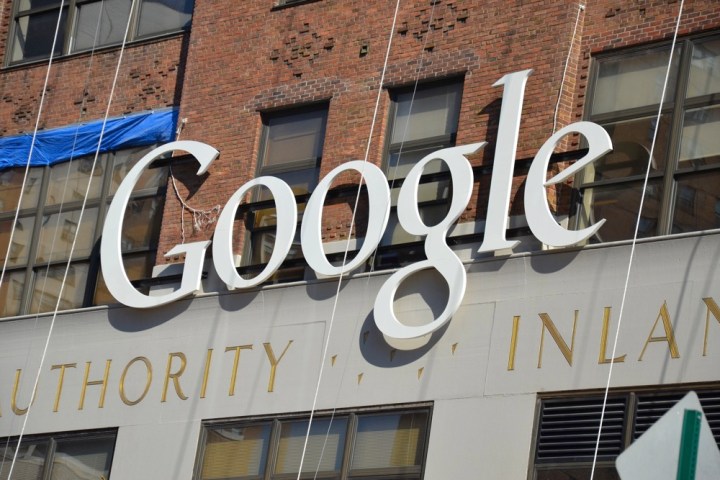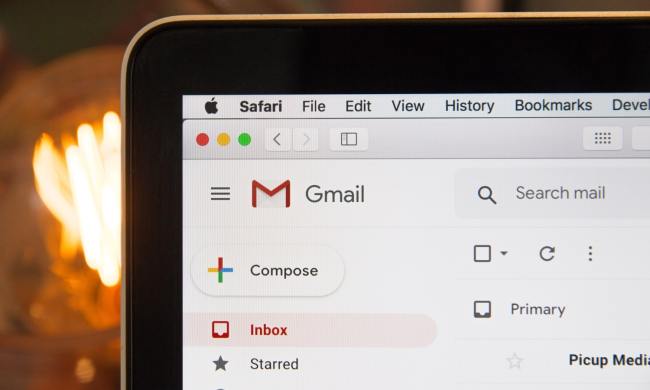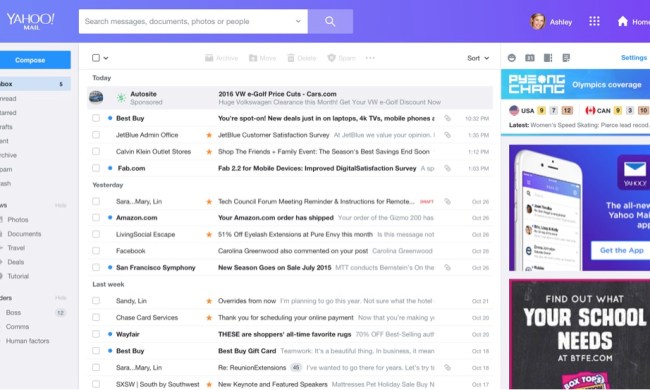
That’s right, in a couple of clicks, and for the princely sum of $12, Sanmay had become the proud owner of the most famous website address in the world.
However, it didn’t take Google long (one minute, to be precise) to realize something had gone terribly wrong with its system, prompting it to fire off an email to Sanmay telling him it’d canceled his order and refunded his purchase.
After reviewing the error, Google decided to give Sanmay a financial reward for bringing the bug to its attention. Despite people’s curiosity about how much Google paid the guy who momentarily owned its domain name, neither the Web giant nor Sanmay disclosed the sum. Until now, that is.
Sanmay, who’s currently an MBA student at Babson College in Boston, said last year the company had offered him “a $x reward in a very Googley way,” and now we see what he means. Sort of.
In a post on its security blog this week reviewing events from 2015, the Mountain View company revealed it paid Sanmay $6,006.13, the figure supposedly spelling out Google. “Squint a little and you’ll see it,” the company says.
Of course, for a company that reported profits of $4 billion for its most recent quarter, some will wonder why Google didn’t dig a little deeper into its pockets for an error of this magnitude. However, the money was paid as part of Google’s Vulnerability Reward Program, which offers cash to those spotting bugs lurking within its multitude of systems and tools. The company said in the post that last year it paid out more than $2 million to over 300 bug hunters around the world – equal to about $6,000 per payout, the same as Sanmay received (if you squint a little).
Anyway, the MBA student said from the start that holding the Google domain “was never about money,” and was perfectly happy with Google’s reward. In fact, he donated it to an Indian educational foundation. When Google found out, it doubled the amount.


